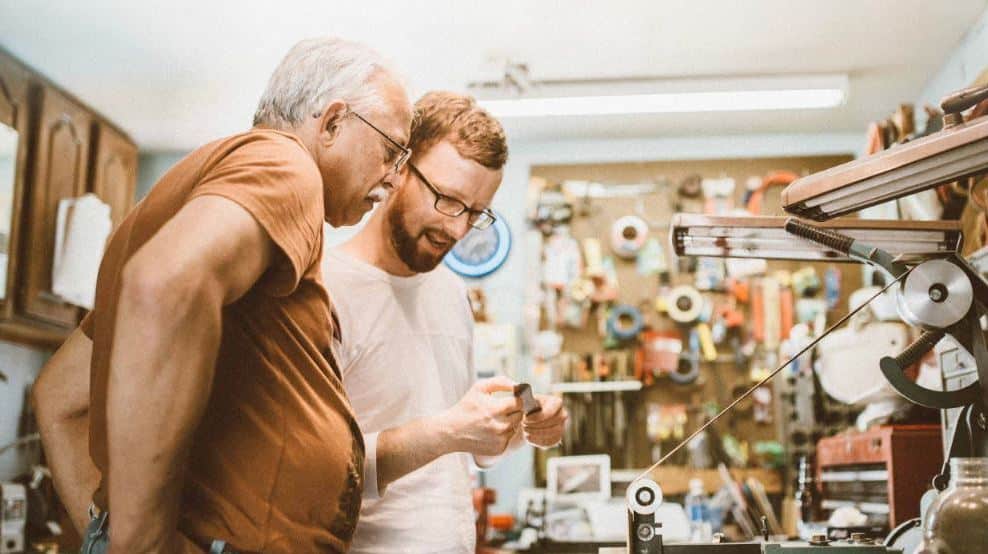On International Men’s Day we acknowledge the work done to improve men’s health in 2018.
The NSW Men’s Health Framework was released by the NSW Health in June 2018 and sets out priorities areas for men’s health and guiding principles to highlight “that biology is only one determinant of men’s overall health and wellbeing. In line with a social determinants approach, it is now widely recognised that men’s health is influenced by a broad range of political, social, economic and cultural forces.”
Populations considered to be particularly at risk included: young men; men from rural and regional areas; Aboriginal and Torres Strait Islander men; gay, bisexual and transgender men, and intersex people; men from low socio-economic backgrounds; men from migrant and culturally and linguistically, diverse backgrounds; men and young men in the criminal justice system and after release.
In April 2018 the Australian Medical Association (Men’s Health 2018) argued that the barriers to improved health by men can generally be attributed to a reluctance by men to seek treatment from a GP or other health professional, or to have social supports and social connections in place when they experience physical and mental health problems.
They also argued that men and women experience different health outcomes as a result of physiological, genetic and hormonal differences, as well as socially constructed behavioural expectations.
Expected social roles for men featured in the findings of the Preference for Palliative Care in Cancer Patients: Are Men and Women Alike? study which found that men are 30% less likely than women to consider palliative care in the US. Researchers believe that this result reflects social norms about gender roles, as well as widespread messages in the media and society about “fighting” cancer.
“Often men see themselves as the family protector…when struck with a serious illness they usually want to be cast as a “fighter” or a “warrior,” and may view palliative care as giving up.”
International Men’s Day is held on the 19th November each year to value male role models, acknowledge the contribution of men and boys, improve male health, tackle discrimination and disadvantage, foster positive gender relations and make the world a safer place for everyone.
Pic credit NSW Men’s Health Framework, NSW Health, 2018


